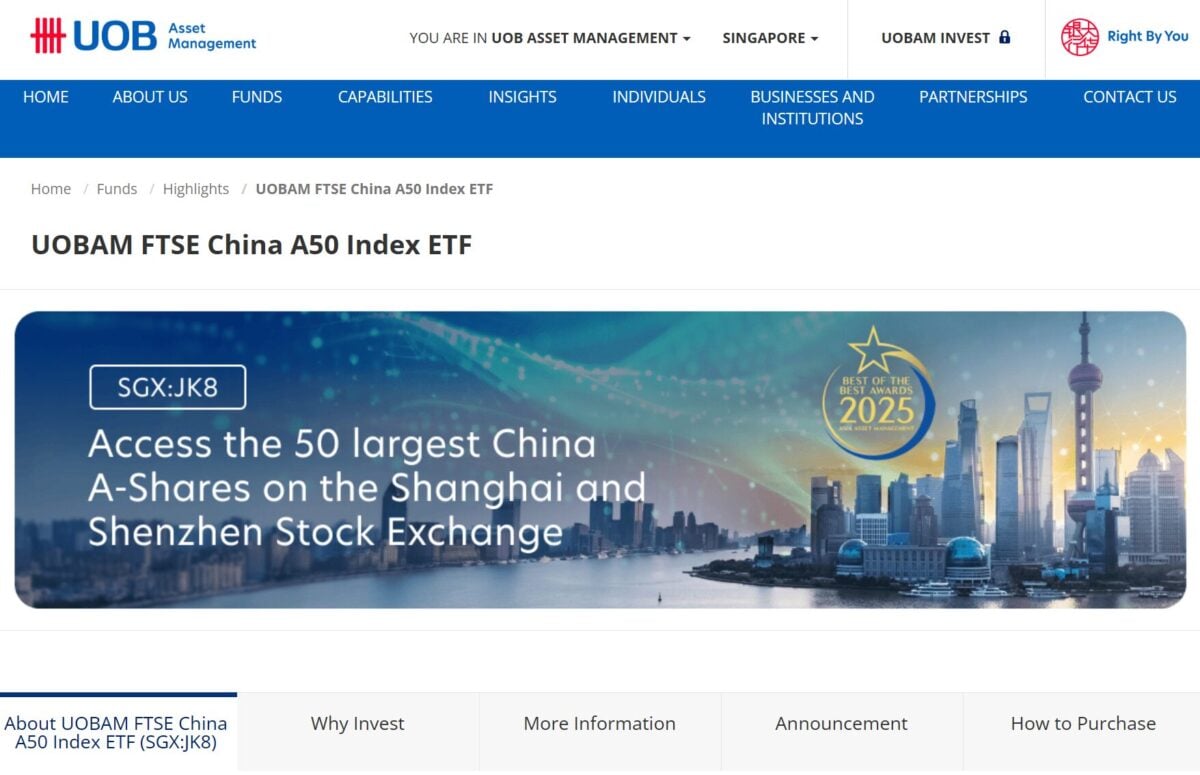
Across many international reports and rankings, Singapore is often labelled as one of the most expensive cities in the world. For those arriving from abroad, the city-state is relentlessly pricey with sky-high rents, car ownership costs, and international school fees.
Yet, Singapore can also be a paradox. For many locals, life here can be far more manageable. That can be down to a number of things, from subsidised public housing model, via HDB flats, and schooling for children, all the way through to inexpensive hawker meals and public transport.
A recent study by the Lee Kuan Yew School or Public Policy dived deeper into this discrepancy to try to help explain this phenomenon. Overall, it ranked cost of living in Singapore as 4th most expensive among 45 global cities for expatriates, but down at 28th for locals.
What lies behind this gap is not just numbers. Essentially, it’s down to how different groups live, what they pay for, and where they turn for help. So, here’s where the biggest gaps between expats’ cost of living and those of locals are.
Read Also: Why The Cost Of Living In Singapore Is So High
Housing, Transport, Education Looms Large For Expats
The study found that for expats, housing, transport, education and international schools are the main cost drivers. Housing, particularly, looms large.
Expats typically rent in private condominium or non-public housing markets. Those markets have sky-high rates in Singapore. Buying is also hardly an option. Beyond having to put down hundreds of thousands for a downpayment in one of the most expensive private housing markets, foreigners also have to pay an Additional Buyer’s Stamp Duty (ABSD) of 60%.
In stark contrast to this, locals have access to a public housing through their HDB flats. Nearly 80% of Singaporeans live in an HDB flat today, and 90% of them own their own homes. Not only that, Singaporeans also enjoy housing grants that can exceed $200,000 when buying their HDB flats.
The difference in housing costs for expats alone pushes Singapore up the global cost ladder.
Next up is education. In Singapore, expats (i.e. foreigners) have little option but to enrol their children into international schools. And, they can be costly – think tens of thousands of dollars per child each year. With education considered a “non-discretionary” cost, this is a huge expense that catapults Singapore up the cost-of-living tables for expats.
Meanwhile, the vast majority of locals make use of the public schooling system in Singapore for their children, which costs only a minimal nominal sum each year.
Add in transportation costs, potentially getting a car and paying for fuel and parking, as well as school buses for their kids, and these can easily add up to a significant amount each year. Again, locals tend to be more familiar and comfortable using the public transport system.
Why Locals Enjoy A Less Steep Cost Curve
Singapore’s housing policy has long made public housing affordable and widespread. Decades of investment, careful planning and regulations have made HDB flats accessible to the majority of citizens. These are often much cheaper than private housing options.
Subsidies and resale market rules help further reduce costs for locals. Because local incomes are calibrated with cost-of-living expectations, many domestic expenses do not feel as “expat expensive” to Singaporeans. Highlighting this was the fact that the study found housing in Singapore was the sixth most expensive for expats but ranked 23rd for locals.
Public transport is another area. Locals benefit from subsidies and efficient mass transit; they do not depend on cars to the same extent that many expats do, which moderates their transport expenses.
For expats though, a consideration should be to utilise public transport system more often, as it offers a level playing field where everyone pays the same amount.
The Volatility For Expats
The study found that expats face exposure to global inflation, foreign exchange rates and international school fee inflation. When the Singapore dollar fluctuates, or when global supply chains stretch, imported goods cost more.
When international school demand rises, fees rise too. Expats, being less tied to local norms or subsidies, carry more risk of cost spikes.
That’s exactly what the study found: expat living costs are more affected by global inflation dynamics and exchange‐rate swings, compared to costs for locals.
Read Also: Singapore Is The World’s Most Expensive Cities For HNWIs: Should The Average Singaporean Be Worried?
What Does “28th Most Expensive” For Locals Really Mean?
Ranking 28th doesn’t mean Singapore is cheap for its citizens. It does mean extreme costs, such as private housing, schooling, car ownership etc., do not impact locals to the same degree that they hit expats.
Nor do those costs compose as large a share of a local’s month-to-month budgets. Much of what locals consume is supported by infrastructure, policies and subsidies that cushion against extremes.
Implications Of The expat-Local Divide
Understanding this “expat-local divide” in the cost of living has practical implications. For policymakers, the challenge is balancing global competitiveness (i.e. keeping it reasonable enough to attract sufficient foreign talent) while also keeping it affordable for locals.
Singapore’s ranking as 4th most expensive for expats but only 28th for locals captures more than a statistical anomaly. More strikingly, it reveals lifestyle differences shape what “cost of living” means to different people.
For expats, many things are costly by both design (housing) and necessity (schooling). For locals, daily life is supported in ways that change the experience. But in both cases, there are limits. Rising global prices impact everyone, but both expats and locals can also rein in their spending in their own specific ways.
The post Expensive for Expats But Affordable for Locals? Why Singapore Is Only 28th Most Expensive Among Cities appeared first on DollarsAndSense.sg.











